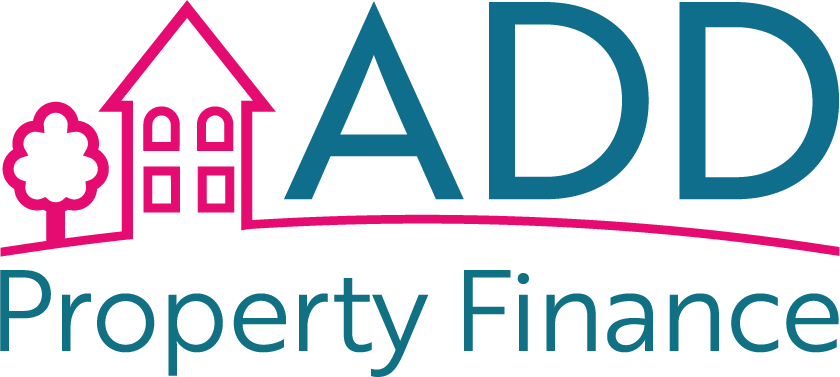Property development can be a lucrative venture, but success often depends on securing the right financing. For property investors, leveraging development finance is a strategic move to maximise returns on their projects. In this article, we’ll delve into strategies and insights on how investors can harness development finance for profitable property ventures.
1. Choose the Right Projects
Maximizing ROI starts with selecting the right property development projects. Consider factors such as location, market demand, and potential for value appreciation. With development finance at your disposal, you can aim for projects that promise substantial returns.
- Location: Focus on areas with strong growth potential or in high-demand neighbourhoods.
- Market Research: Analyse market trends to identify the types of properties that are in demand.
2. Cost Control and Budgeting
Precise budgeting is vital in property development. With development finance, you have the flexibility to fund different phases of your project, but it’s essential to keep costs in check.
- Detailed Planning: Create a comprehensive budget that accounts for all expenses, including construction, permits, and contingency funds.
- Regular Monitoring: Continuously track expenses to ensure you’re on budget and make adjustments if necessary.
3. Time Efficiency
Time is money in property development, and development finance allows you to act swiftly. The quicker you complete your project, the faster you can realise returns.
- Efficient Project Management: Employ efficient project management practices to reduce construction time.
- Professional Teams: Work with experienced contractors, architects, and builders who can expedite the process.
4. Risk Management
Property development involves inherent risks. While development finance provides flexibility, it’s crucial to manage these risks effectively.
- Diversification: Diversify your property portfolio to spread risk across different projects.
- Contingency Planning: Develop contingency plans for unexpected issues that may arise during construction.
5. Exit Strategies
Consider your exit strategy from the outset. Whether you plan to sell the completed property or refinance with a traditional mortgage, having a clear exit strategy is essential for maximising ROI.
- Selling the Property: Timing the sale to coincide with optimal market conditions can yield higher profits.
- Refinancing: Refinancing the property with a traditional mortgage after development can provide long-term stability.
6. Leverage Development Finance Expertise
Working with experts in development finance can be a game-changer. Mortgage advisers and financial consultants can help you navigate the complexities of development finance, ensuring you secure the most advantageous terms and structure.
7. Stay Informed
The property market is dynamic, so staying informed is crucial. Keep an eye on market trends, changes in regulations, and emerging opportunities to adapt your strategy accordingly.
8. Sustainable Development
Incorporate sustainable and eco-friendly features into your property projects. These can enhance property value, attract environmentally conscious buyers, and align with broader market trends.
Conclusion
Development finance can be a powerful tool for property investors seeking to maximise ROI. By choosing the right projects, managing costs, ensuring efficiency, mitigating risks, and having a well-defined exit strategy, investors can harness the flexibility of development finance to achieve profitable property development ventures. Remember to leverage the expertise of financial professionals and stay informed about market trends to make informed decisions and optimise your returns.







